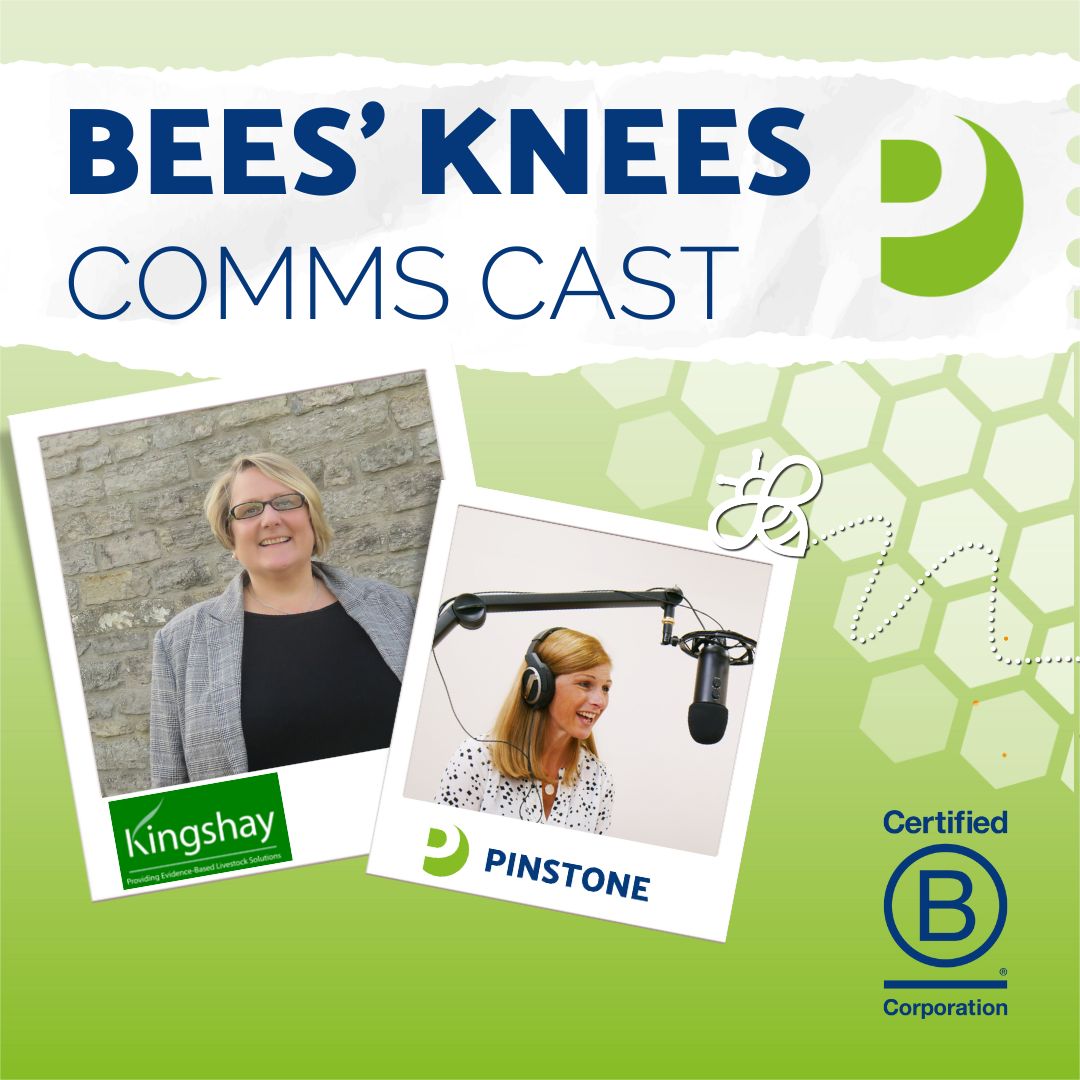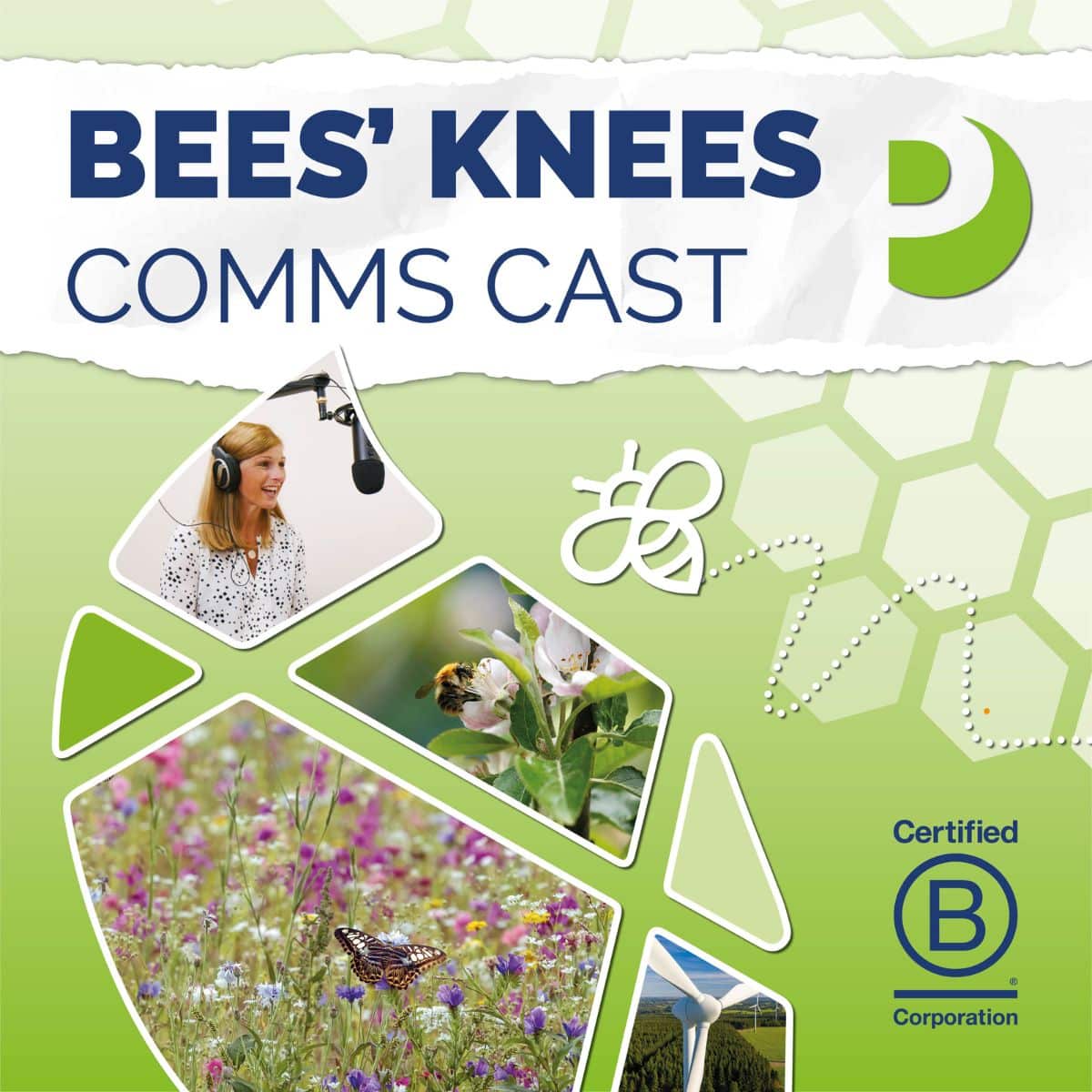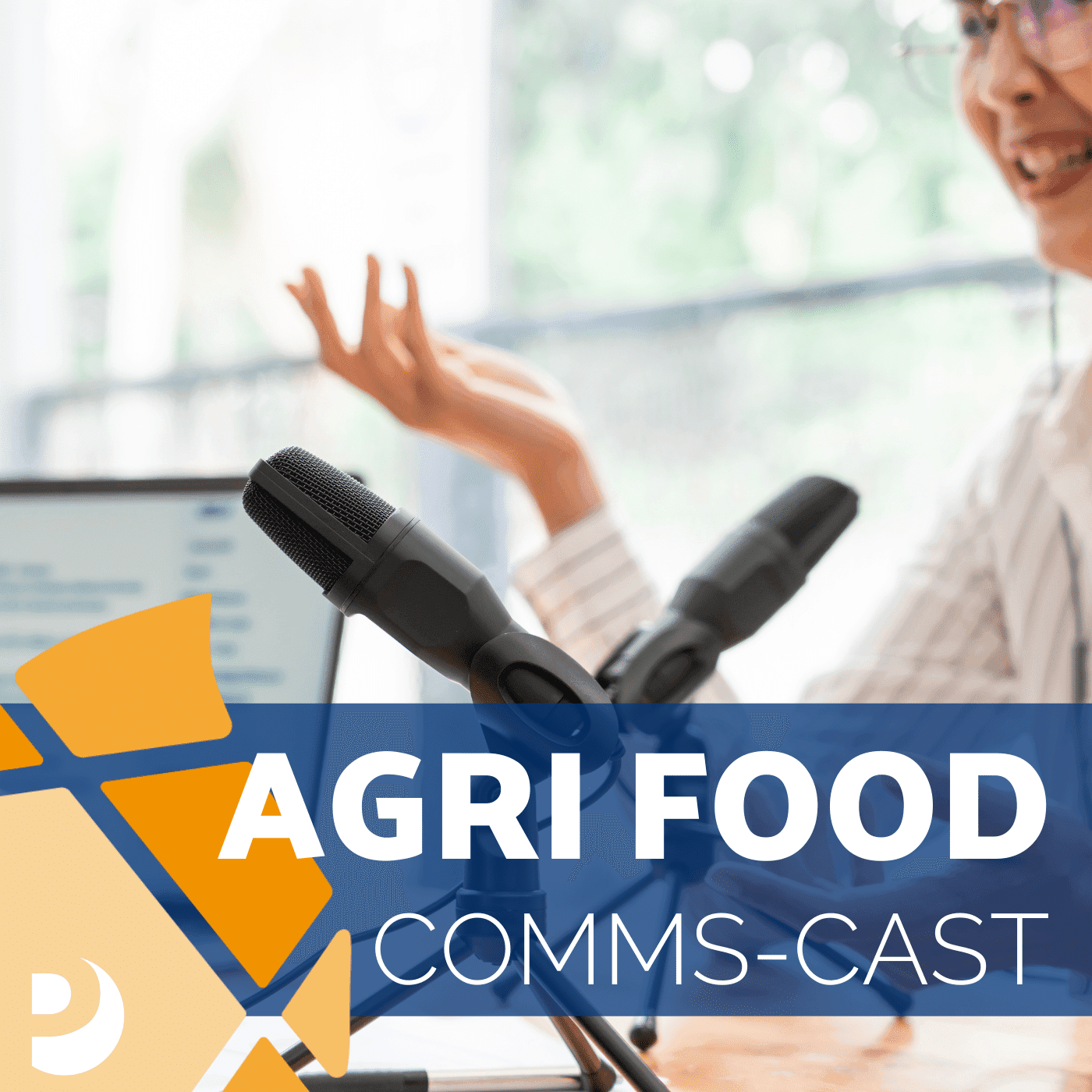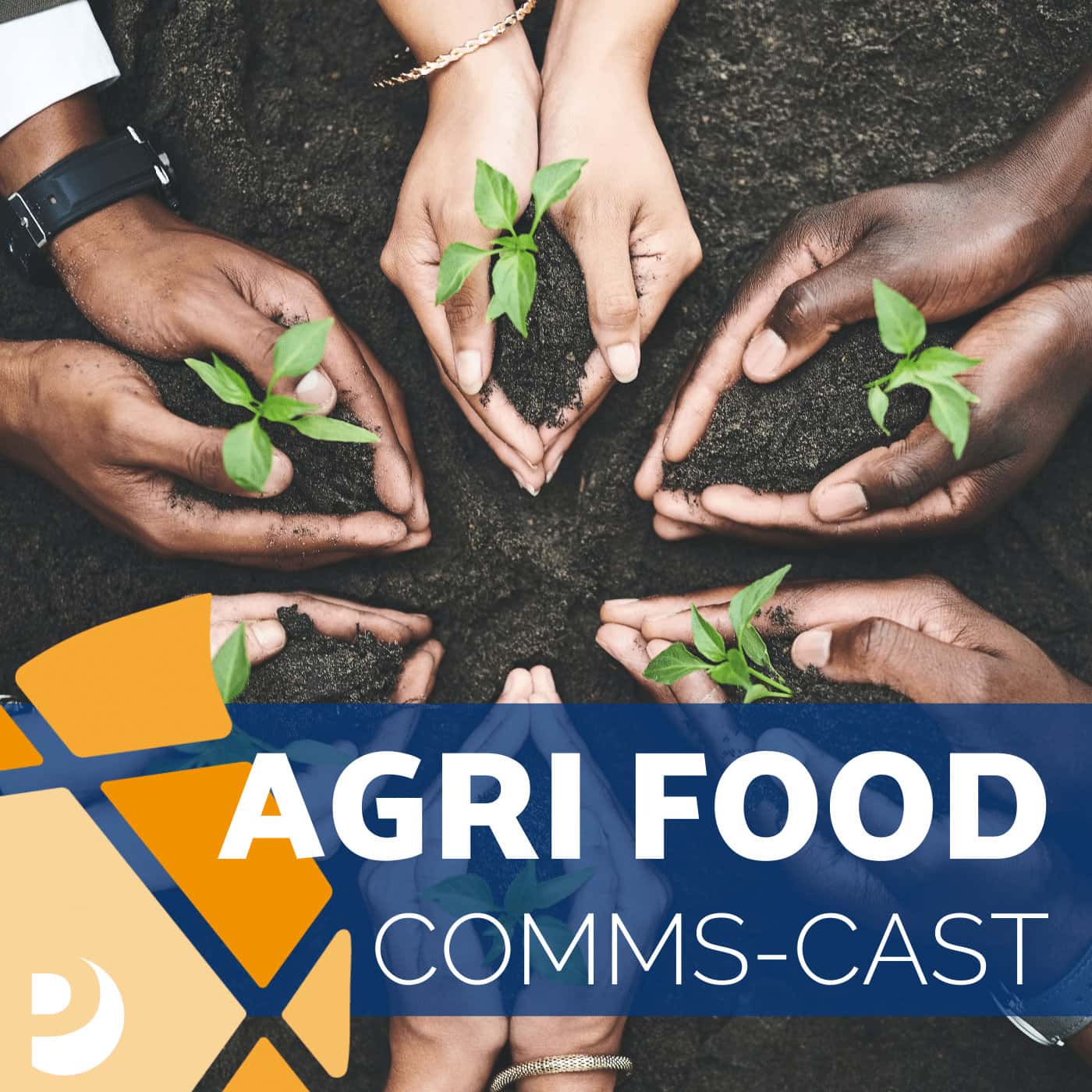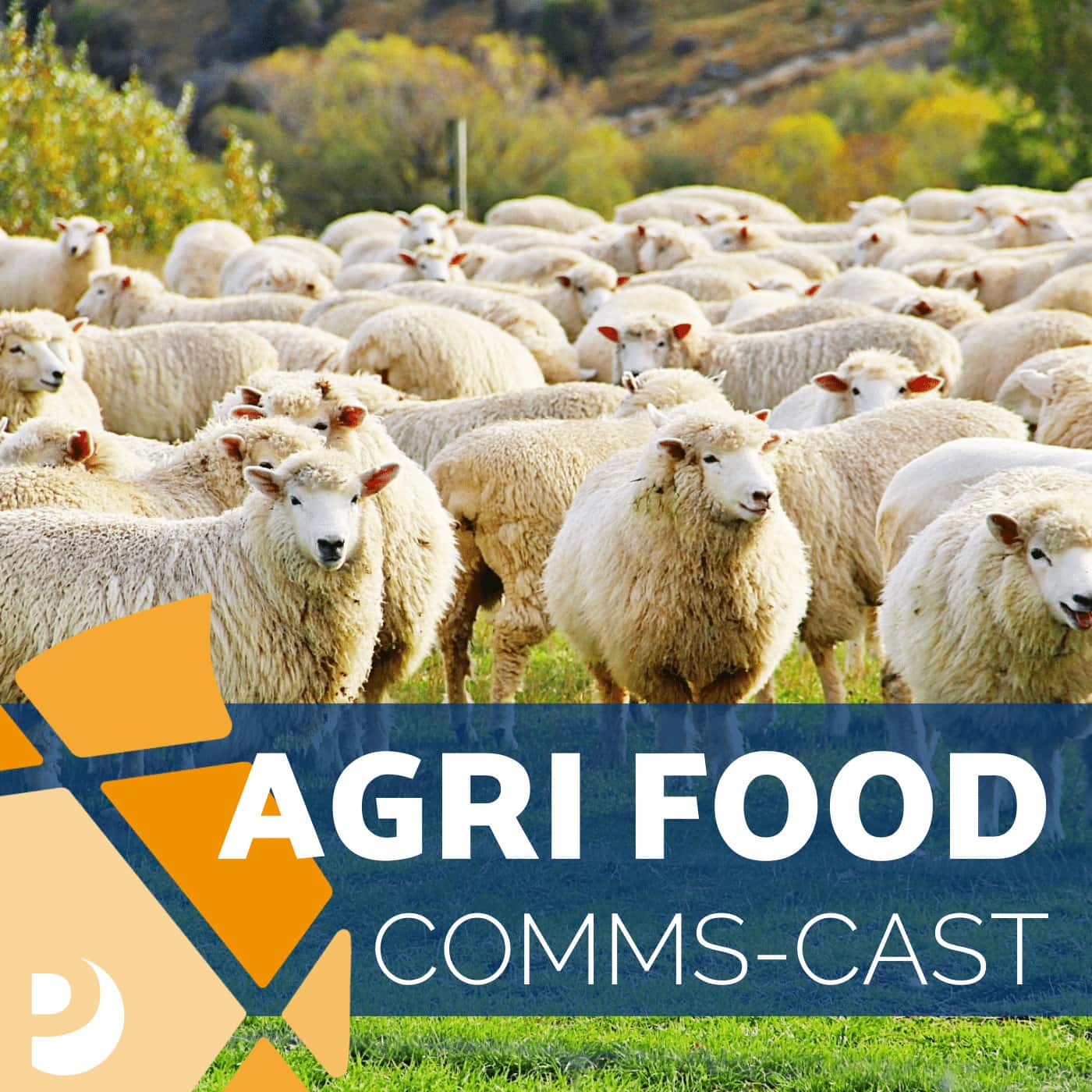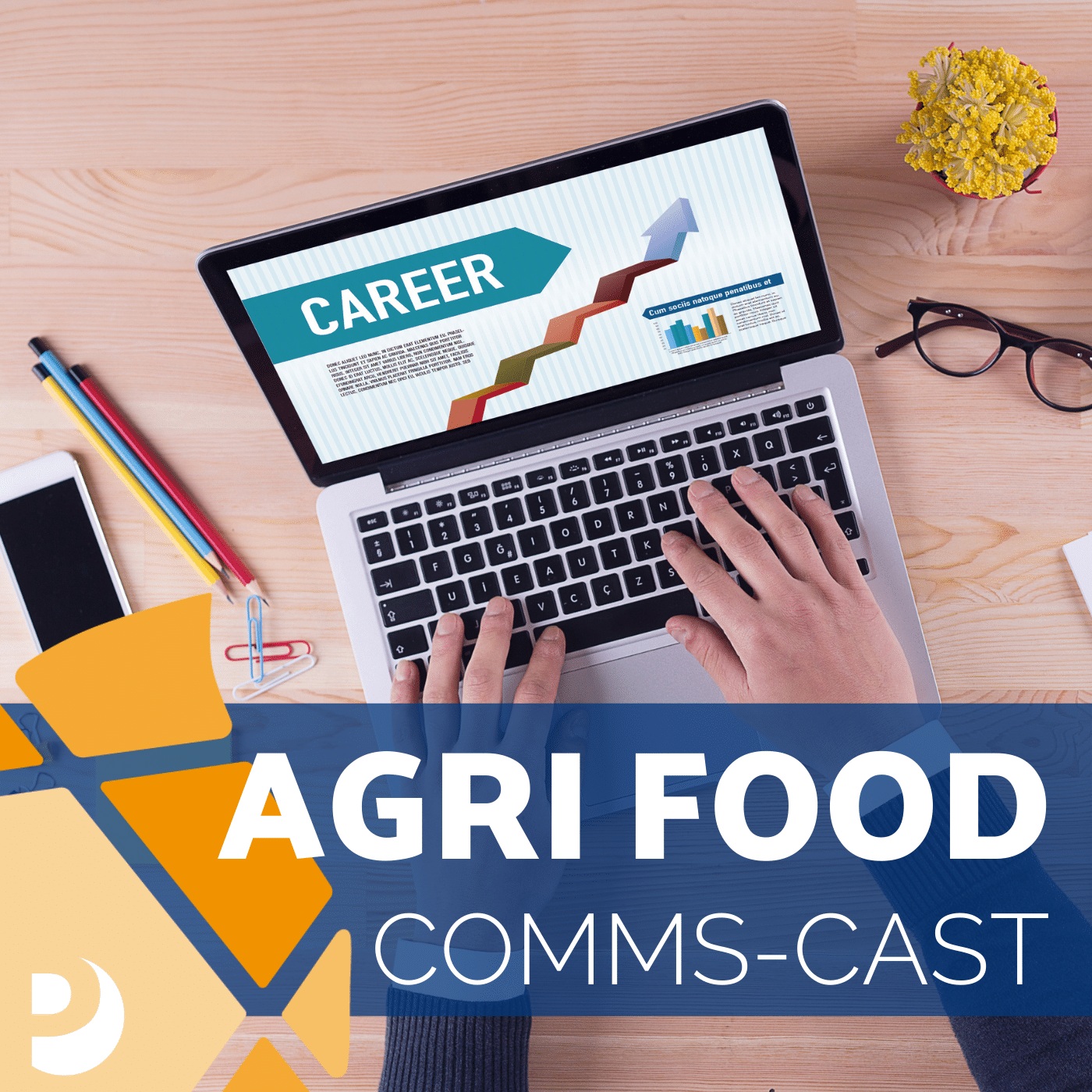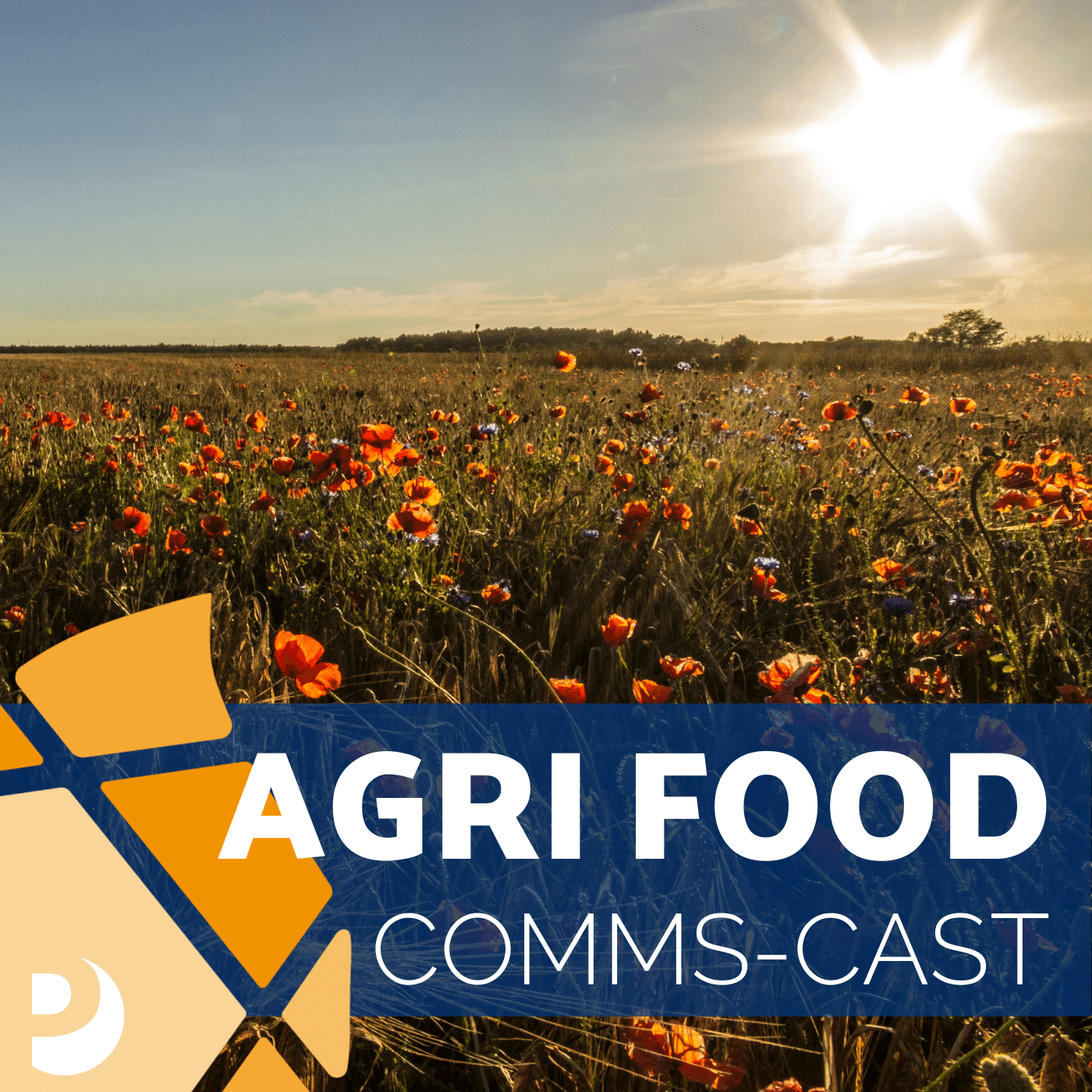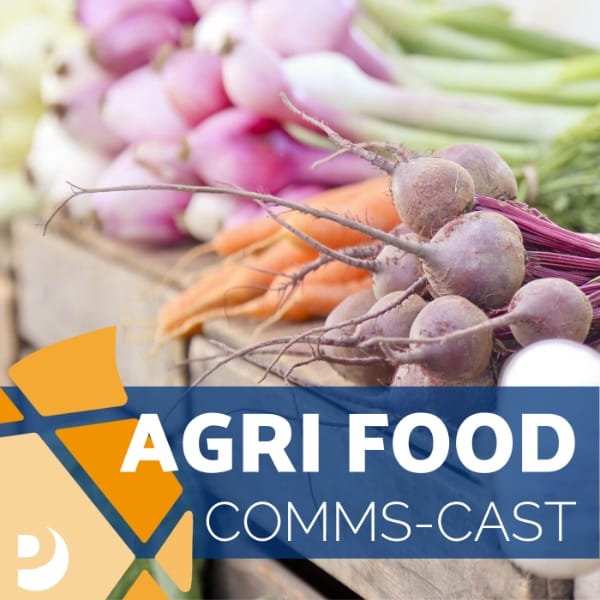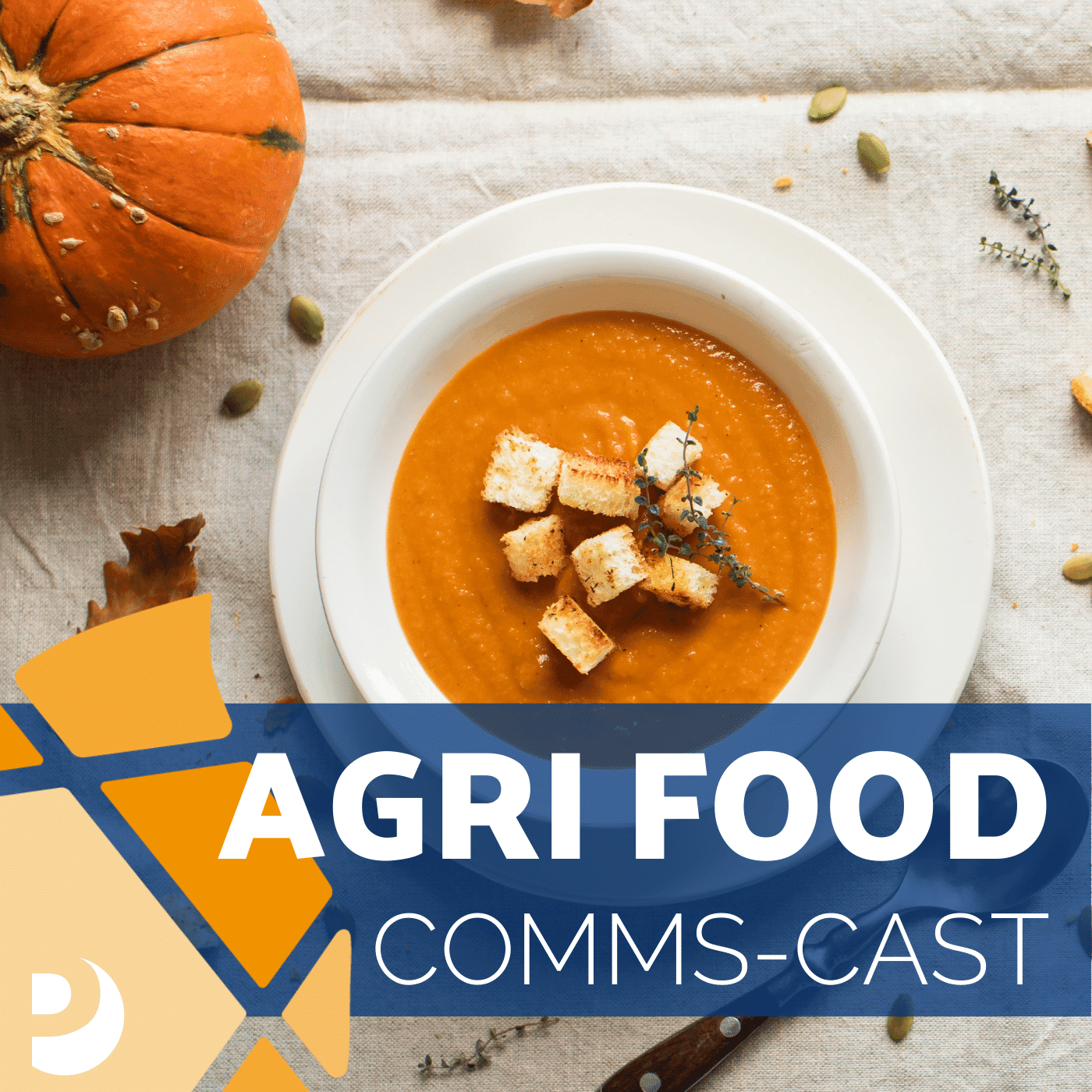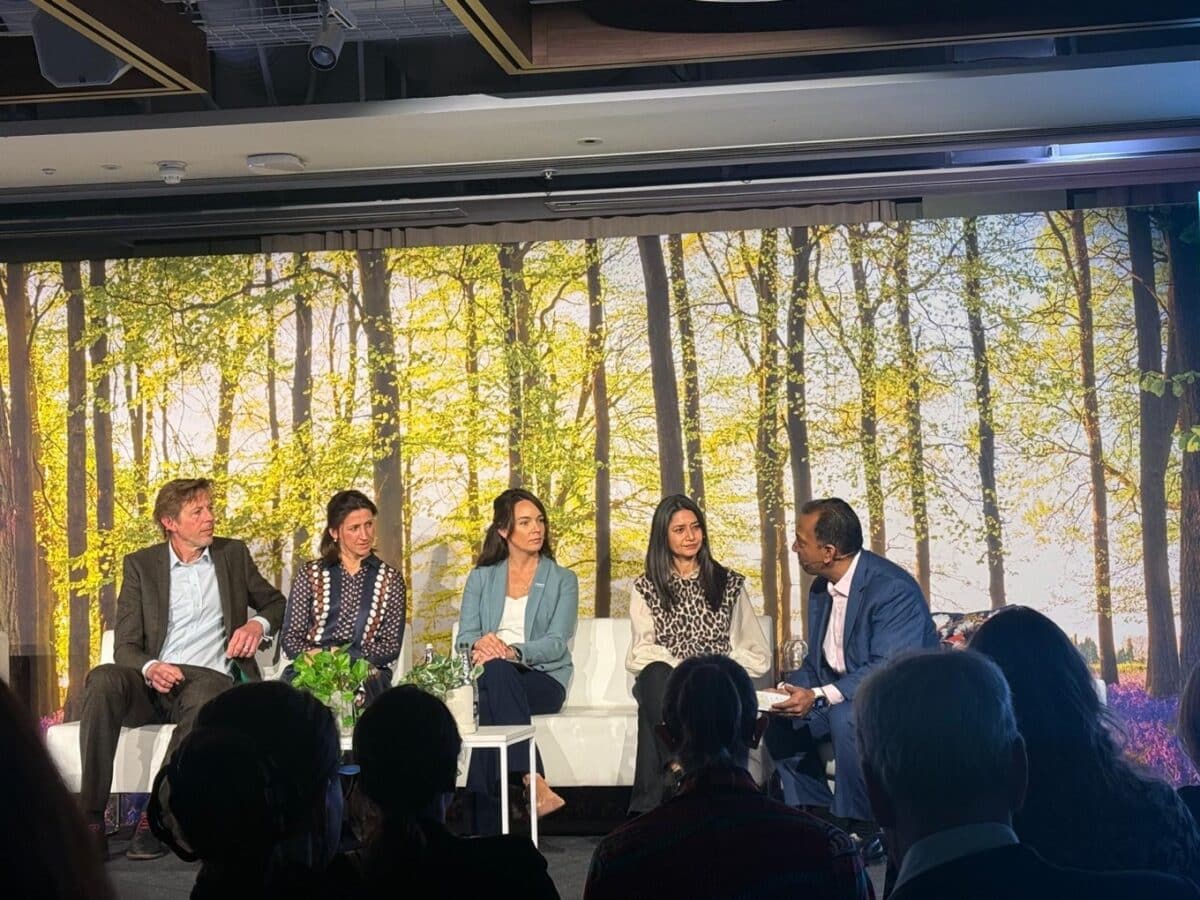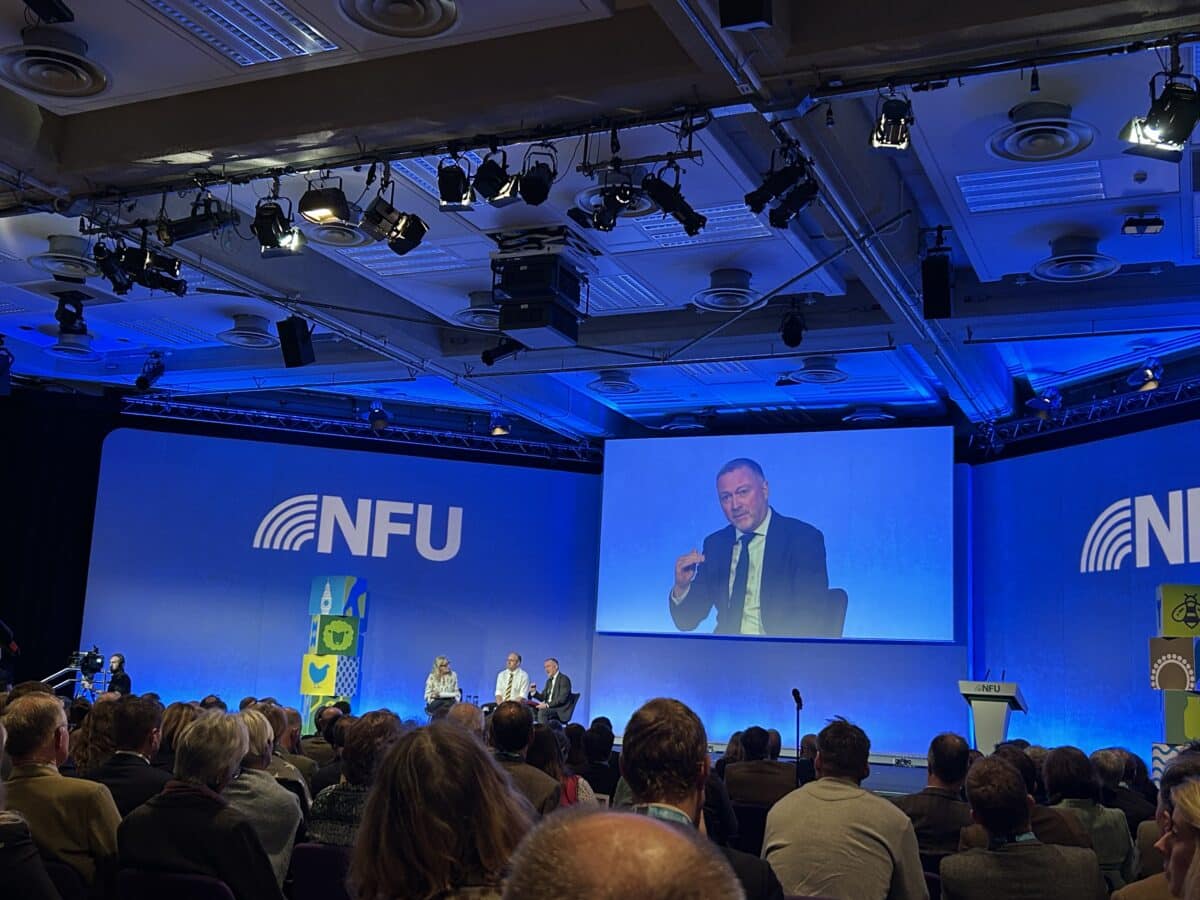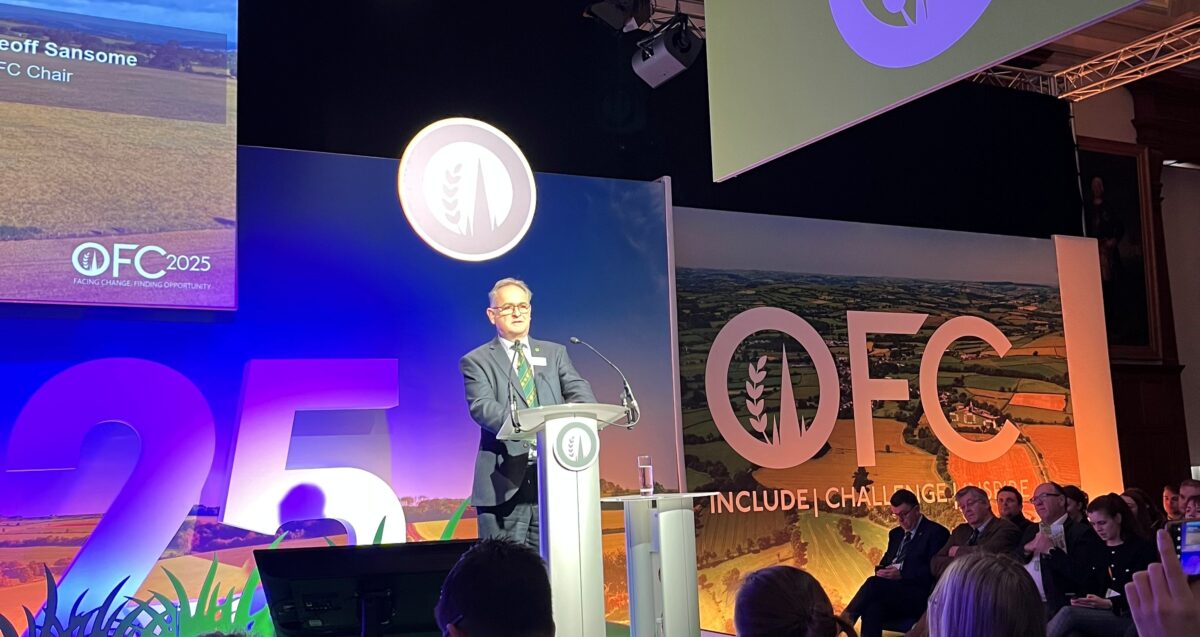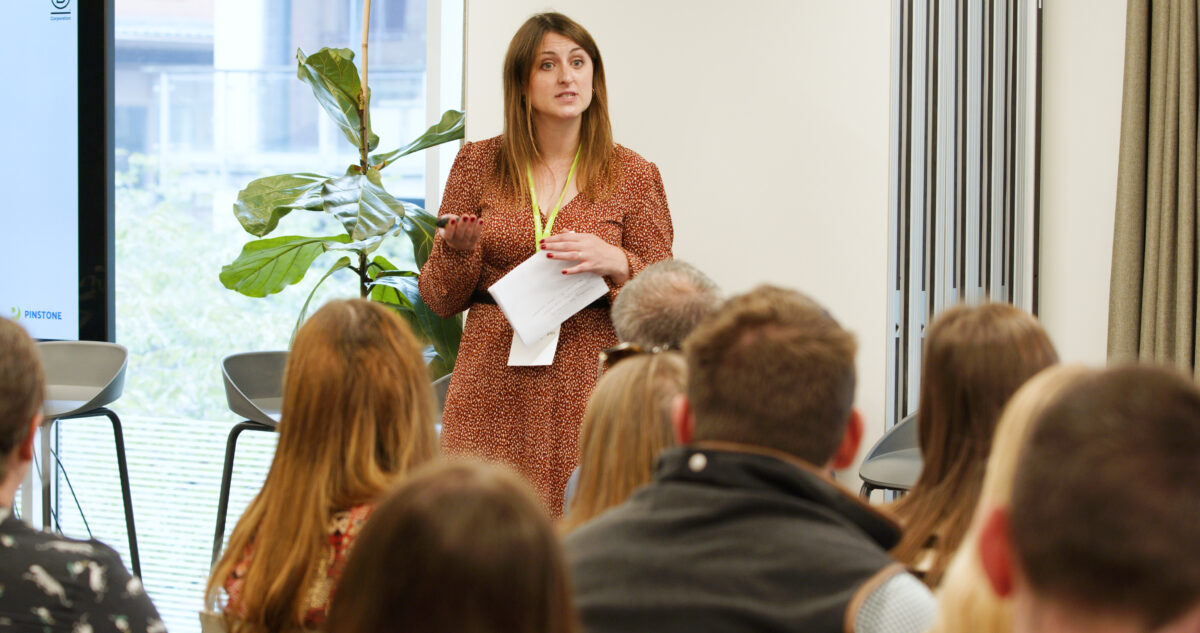Cultivating connections by engaging the next generation in agriculture
In a rapidly evolving world, where climate change and food sustainability are key concerns, effective communication has never been more critical.
Speaking with Pinstone founder, Catherine Linch, on the latest episode of The Bees Knees Comms-Cast, Carl Edwards, director of education and public engagement at LEAF (Linking Environment and Farming). shared valuable insights on how experiential learning, community-driven initiatives, and strategic communication are reshaping food choices and perceptions.
The power of experiential learning in agri-education
As a leader in agri-education in the UK, LEAF, in the last year, has successfully involved 35,000 children in their initiatives, and trained 1,500 teachers, as well as farmers, to teach others about food and farming.
In the podcast, Carl highlights how experiential learning helps children make meaningful connections between farming, food production, and climate change – immersing them in real-world experiences across the supply chain, meaning they not only learn but connect with the realities of sustainable food production.
LEAF findings show 80% of young participants feel motivated to make more sustainable food choices, with many committing to change their behaviours. They have influenced education subject choices and career paths, with many engaged students going on to pursue agricultural studies.
Open Farm Sunday – a gateway to public engagement
Described by Carl as “the industry’s flagship open day,” LEAF’s initiative, Open Farm Sunday, provides a critical link between farmers and the public, breaking down misconceptions and encouraging meaningful exchange.
It offers an experiential opportunity—distinct from structured education. With over 180,000 visitors last year, it is a ‘wow moment’ in the calendar that introduces people to farming in an accessible and enjoyable way and helps consumers to understand the challenges within the industry. LEAF’s research has shown that after attending Open Farm Sunday, visitors feel more inclined to support British agriculture and make informed food choices.
Sustained communication -more than just ‘wow moments’
While annual initiatives like Open Farm Sunday provide one-off, memorable experiences, sustained communication is essential for driving real change in attitudes and behaviours.
Carl emphasised the importance of ongoing touchpoints in initiating behavioural change, to ensure that the initial interest sparked by a farm visit is then reinforced through continuous learning – by training teachers, equipping farmers and providing accessible digital resources.
Strategic partnerships with household names like McDonald’s, Burger King, and Dyson Farming help provide the financial support needed to sustain long-term impact and ensures conversations about sustainable farming extend beyond agricultural circles.
A future built on engagement and education
LEAF’s approach shows how vital engagement, education, and effective communication are in shaping the future of agriculture. Through experiential learning and sustained communication strategies, LEAF is ensuring that young people not only understand where their food comes from but are also inspired to play a role in shaping a more sustainable future.
With a strong foundation in education, industry collaboration, and a heightened willingness to teach and learn about the sector, the connection between people, food, and farming will grow stronger.
Read: Pinstone Open Farm Sunday blog – Pinstone’s communications campaign opens new gates for Open Farm Sunday | Pinstone PR
Learn: How do young people perceive and value the Agri-food industry from LEAF- Our Research | LEAF (Linking Environment and Farming)
Related article – Use Open Farm Sunday to build public trust in farming | Comment & Opinion | The Grocer



